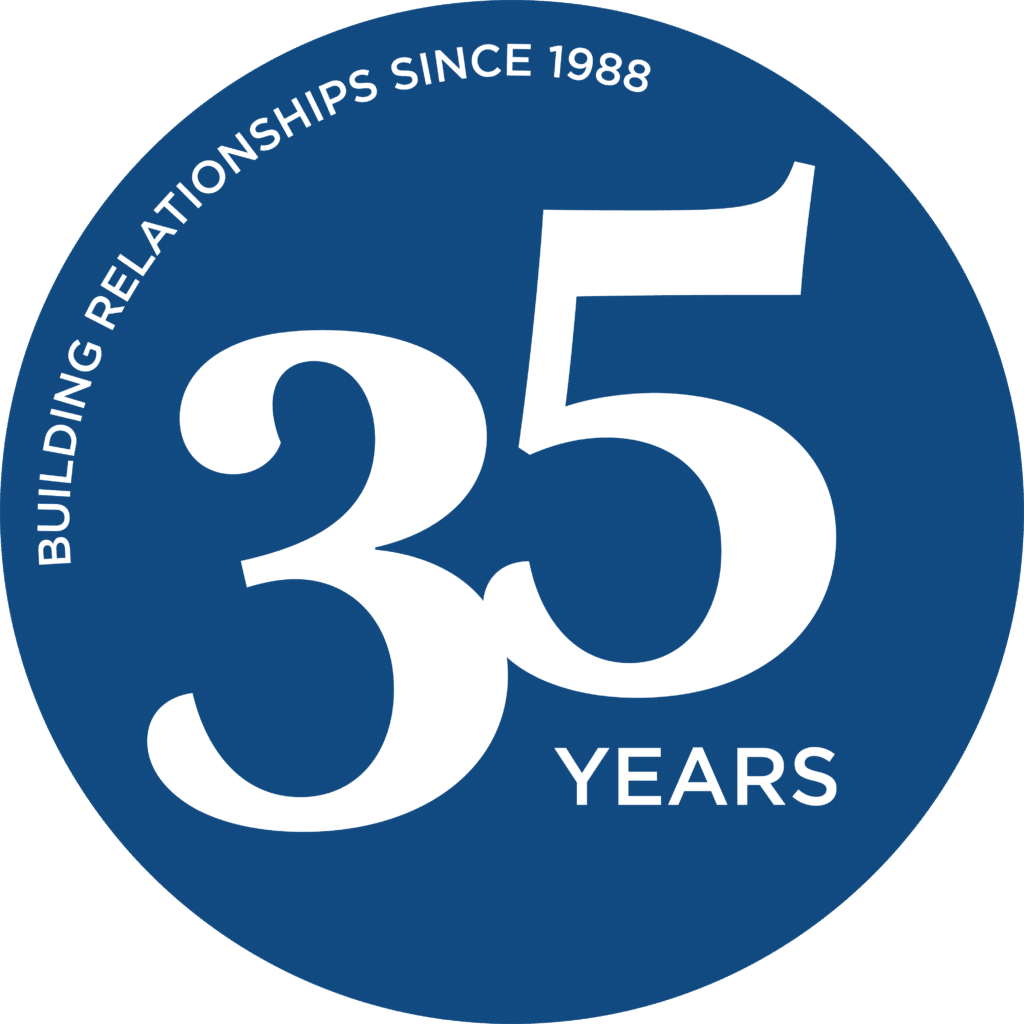
Currently, thousands of workers turn 65 every day and there will be over 70 million workers over 65 by the year 2020. We are living longer and the average years during retirement have grown to greater than 25. So, as George Burns said, “Retirement at sixty-five is ridiculous. When I was sixty-five I still had pimples.” And so do some of us, George. We still feel young.
Be the reason economic, social or psychological, there is a transformation in the path from career to retirement. The emerging continuum begins with a corporate career, often moves onto consulting and concludes with something more personally satisfying. Let’s call the career after the career a Bonus Career.
Think about it. You chose your career when you were very young or perhaps your career chose you. Who hasn’t rethought or questioned that choice. Many of us have answered or tried to answer the question, “What would you do as a career if you had to do it all over again?” Is your Bonus Career the answer to that question?
Where do your life’s wish list and your skills and experience intersect? Make that wish list, compare it to your inventory of abilities and explore the possibilities. In our Life Options Retirement assessment, we assist clients in assessing this point in time and explore where one’s career traverses one’s future career/life desires. This type of assessment considers the complexity of the choice and evaluates all aspects of life’s unique needs at this point in life. Many along this journey explore traditional career changes such as entrepreneurial opportunities, non-profit or mission driven experiences, board membership, adjunct teaching and individual contributor roles. Then there are those who enjoy a non-traditional Bonus Career.
Many of our clients around 65, describe a 5-year run way. In the past, employers had an expectation for a longer tenure but not so much today. Thus, offering 30 years of experience for a promised 5 years is a good deal for an employer. One group of employers particularly suited for this equation are the Private Equity firms. They are looking for the experienced leader who can turn around or merge an acquisition, make it profitable and ready it for sale often in the 3-5-year timeframe. Bonus Career Executives are the perfect solution and can assume the risk associated with this type of deal. The essence of a win-win.
If you think the Shared or Gig Economy is for the young and tech savvy, think again. We are seeing more and more emerging retirees embrace the flexibility and freedom of positions in ride sharing companies, online markets, secret shopping, pet walking and sitting, home and health care, on demand legal and consulting services. If you ever wished you could write your own job description, you now can.
Others determine that the five year runway yields enough time to formally prepare, through some additional education, to pursue, for example, mediation certifications, coaching or mentoring certifications, board training, etc. and affiliate with professional groups or companies to whom they can offer their newly developed skill coupled with their former experience.
The Baby Boomers are astutely aware of the growing need for assisted and elderly care as many are caring for aging parents. As we already established we are living longer. The aging population has created some interesting specialty service career prospects related to care and life style. Moving and downsizing, house safety and security, wellness and fitness, and home care services are emerging opportunities that fit the Bonus Career on both a practical and personal basis.
Ernest Hemingway, one of my favorite authors, declared that “Retirement is the ugliest word in the language”. We can change the semantics and call retirement by another name but the essence of his message is that during this transitionary period, each of us needs to find that “thing” that will make us tick until the ticking stops.
Sharon Imperiale
CEO
CCI Consulting


